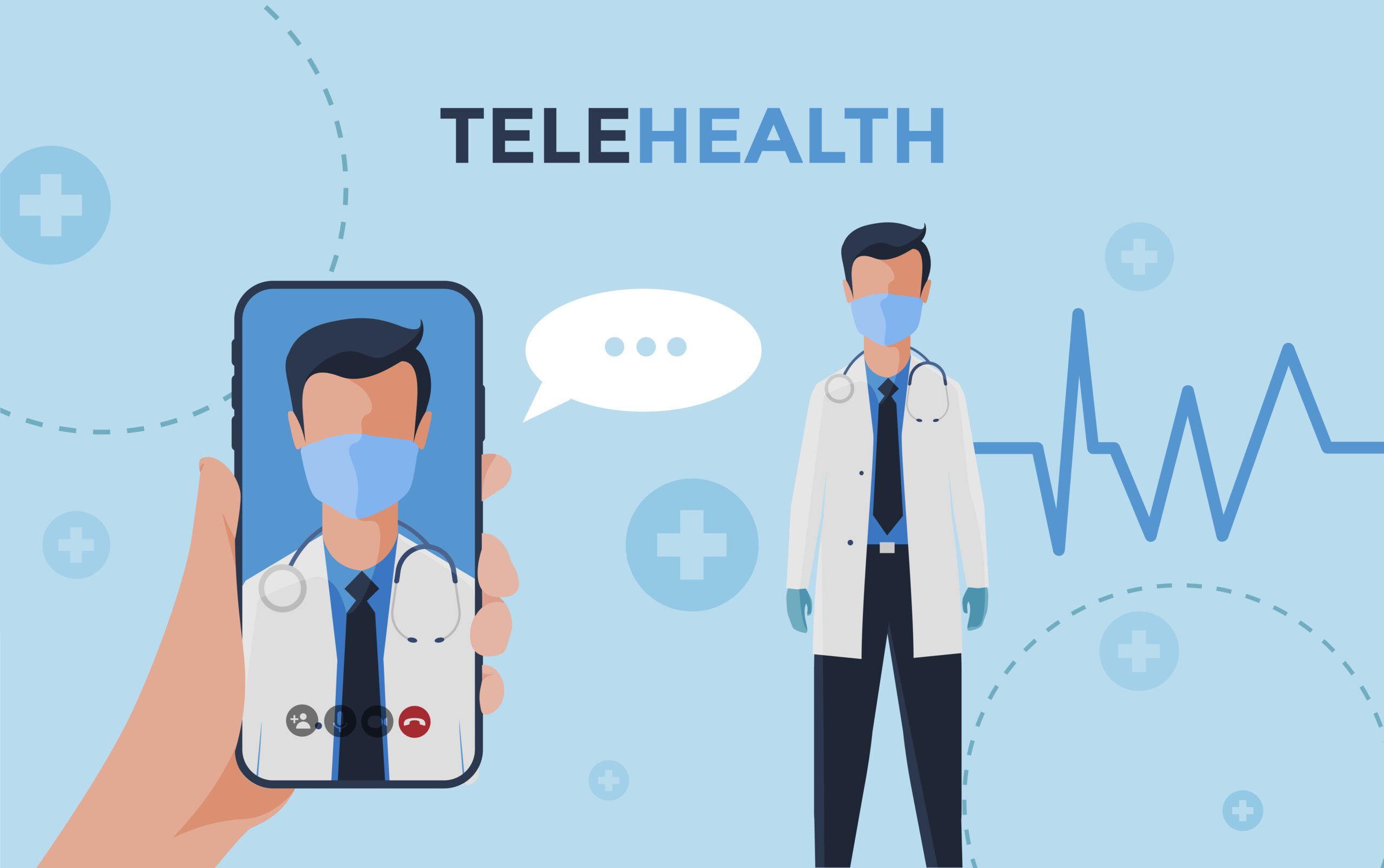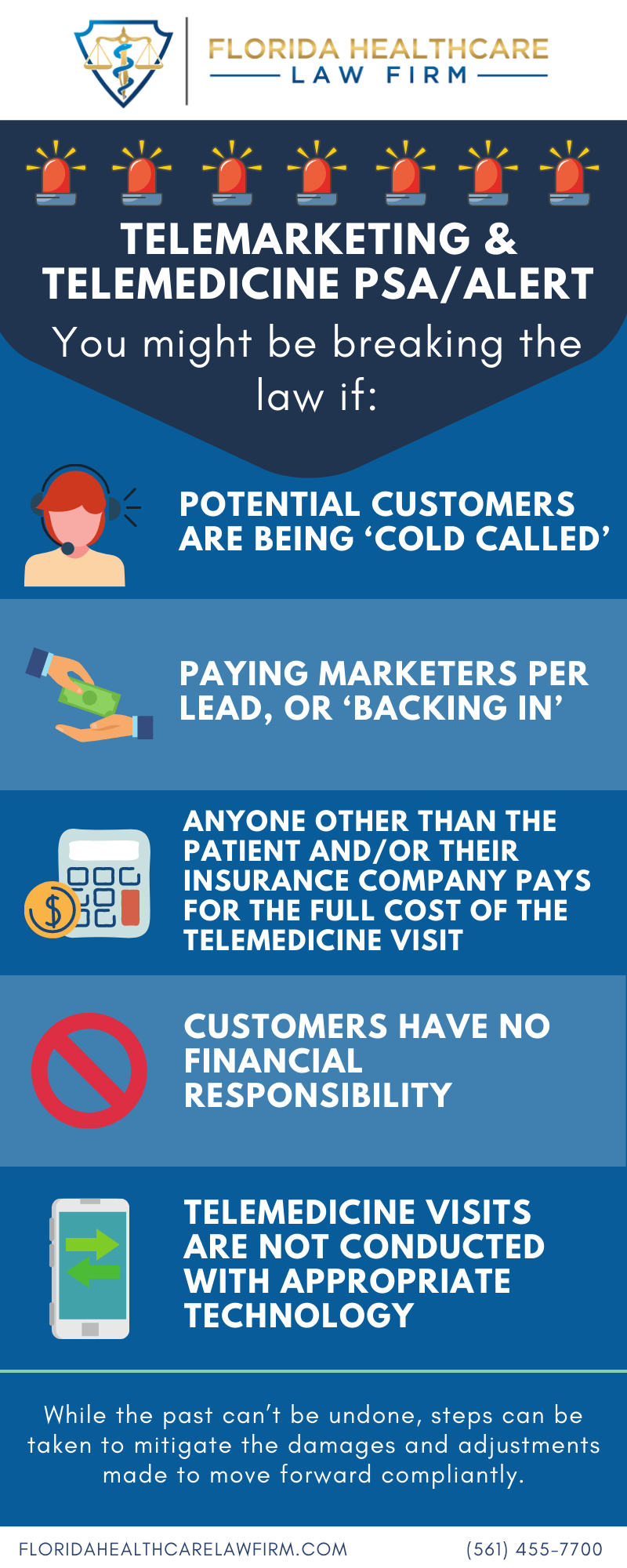As a medical professional in Florida, it is important to understand the regulations and requirements for providing telehealth services. Protecting oneself against perceived violations of Florida telehealth statutes starts with understanding the laws surrounding healthcare that is provided remotely.
Here’s what you need to know.
What Is Telehealth?
Telehealth refers to the delivery of any and all health-related services and information through electronic communication technologies, such as video conferencing, phone calls, and mobile apps.
Telehealth can happen between patients and their primary care physicians, specialists, or mental health professionals. Though it is not possible to accurately diagnose all issues or provide services that must be performed in person, it has proven to be an effective way to manage patient care quickly and efficiently.
Telehealth Regulations in Florida
In Florida, telehealth is regulated by the Florida Board of Medicine and the Florida Board of Osteopathic Medicine.
These boards have issued guidelines for the use of telehealth, which include the requirement for a valid physician-patient relationship and the need for appropriate privacy and security measures to protect patient information.
Licensure and Continuing Education Is Required to Provide Telehealth in Florida
In Florida, medical professionals must be licensed in the state in order to provide telehealth services. This means that out-of-state medical professionals cannot provide telehealth services to Florida residents unless they have obtained a Florida license.
Additionally, scope of practice applies in the Telehealth realm just as it does in person, and medical professionals in Florida should stay up-to-date with telehealth regulations and best practices through continuing education and training.
Payment for Telehealth Services in Florida
Most private insurance plans, Medicare, and Medicaid in Florida cover telehealth services. However, it is important to check with each payer to confirm coverage and reimbursement policies before offering services.
Privacy and Security Is Critical
Medical professionals in Florida must comply with federal and state privacy and security laws, such as HIPAA, to ensure the protection of patient information during telehealth appointments. This includes ensuring the confidentiality of patient information and using secure communication methods for telehealth appointments.
Documentation Required for Telehealth Appointments
Whether or not Telehealth is a part of medical treatment or the entirety of care, thorough domination is necessary. Medical professionals should document telehealth appointments in the same manner as traditional in-person appointments, including recording the diagnosis, treatment plan, and any relevant patient information.
Telehealth Regulation Compliance Support
Telehealth is a growing trend in Florida and offers medical professionals a convenient and accessible alternative to traditional in-person medical appointments that allows offices and clinics to save time and resources.
By understanding the regulations, reimbursement, quality of care, and privacy and security requirements, medical professionals can provide high-quality telehealth services to their patients. If, however, there are any issues with compliance or accusations of negligence, Florida Healthcare Law Firm can help. Call to set up a consultation now.


 By:
By: 
 With governments locking down communities to combat the COVID-19 pandemic, health care providers and practitioners scrambled to find ways to deliver care to patients at their homes or residences. CMS relaxed restrictions on
With governments locking down communities to combat the COVID-19 pandemic, health care providers and practitioners scrambled to find ways to deliver care to patients at their homes or residences. CMS relaxed restrictions on 
 By:
By: 

 For medical practices and professionals who need guidance interpreting
For medical practices and professionals who need guidance interpreting 
 By:
By: 
 By:
By: 
 By:
By: 
 By:
By: